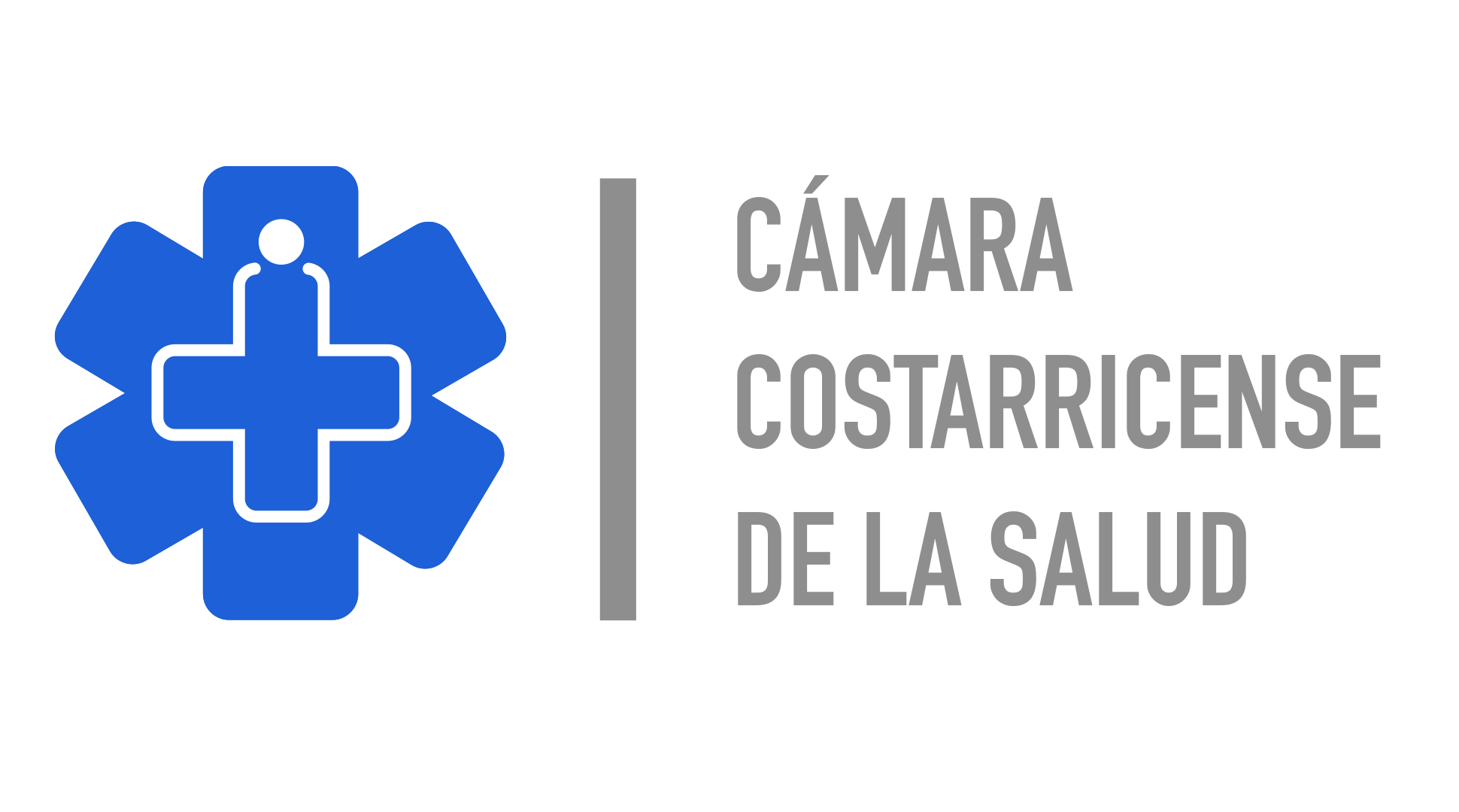
CICA (an acronym from its name in Spanish – Centro Internacional de Conciliación y Arbitraje) is an alternative dispute resolution body founded by the Costa Rican-American Chamber of Commerce (AMCHAM®) in 1999 and that is duly authorized by Costa Rica’s Ministry of Justice.
The purpose of CICA is to provide the business community, both national and international, an expeditious and accepted method for the resolution of disputes, therefore giving the parties involved an alternative to the courts that is swift, reliable, economical, and confidential.. Though CICA was created by AMCHAM®, it is not necessary to be a member of AMCHAM® to use its services.. CICA is managed by a Board composed of prominent professionals from the business, legal and academic sectors.
PROMED AND CICA
The Council for the International Promotion of Costa Rica Medicine (PROMED) has endorsed CICA to resolve disputes related to issues that a foreign patient may have when using the services offered by PROMED members. PROMED believes that for Costa Rica to be competitive in global healthcare, it is crucial to have a method for the legal resolution of disputes when a patient feels unsatisfied with the services rendered. PROMED supports the alternative dispute resolution (ADR) process because resolution of a dispute, depending on the complexity of the case, could take years in the Costa Rican courts and with no guarantee of a satisfactory result for either party.
Advantages of arbitration
- The process is less expensive and less emotional for the parties involved.
- All the proceedings are strictly confidential.
- The proceedings are more agile and expeditious since the process is less formal.
- The process is less adversarial and encourages dialogue, thus creating a more favorable atmosphere that typically improves the relationship between the parties.
- Results are reached much quicker, never exceeding 7 months.
- The solutions reached are legally binding (mediation agreements or decisions).
- The solutions tend to be more satisfactory since they are constructed by the parties involved.
What services are offered?
- Conciliation processes. In conciliation, two or more parties to a dispute seek a mutually satisfactory solution to their issues through the intervention of an impartial third party a conciliator who facilitates communications during the process. In order to initiate the Conciliation process, all the parties involved in the dispute must voluntarily and freely agree to participate. Additionally, all parties must agree to the solution reached for it to take effect. The mediator is only there to assist in the process and does not have the power to impose a decision on any party.
- Arbitration processes. In arbitration, the parties to the dispute are subject (legally bound) to the decision reached by an impartial third-party often referred to as a ‘ruling tribunal’ (be it an individual or a panel) that has been chosen to hear each case. There are several forms of arbitration such as Law Arbitration (solved according to the current legislation) or Equity Arbitration (solved according to equity, prudence, and conscience).
